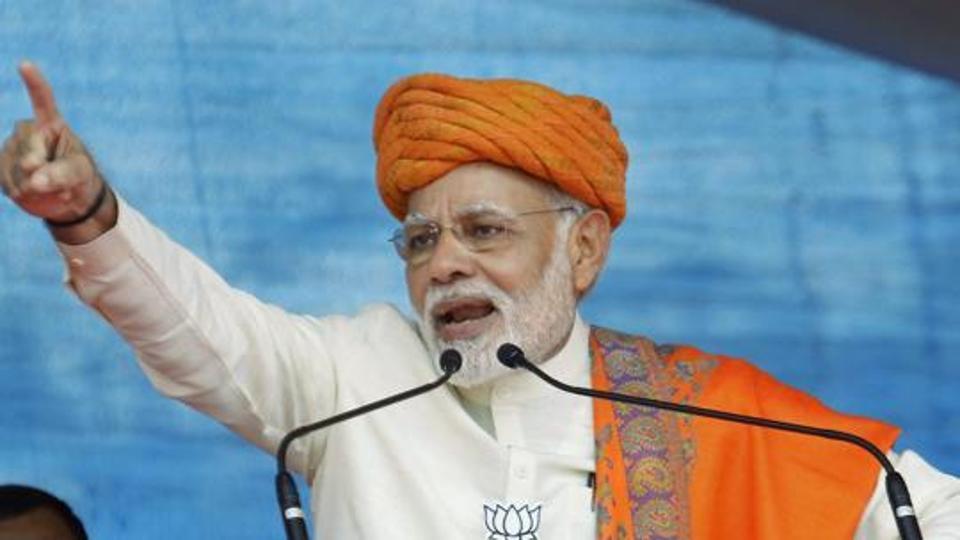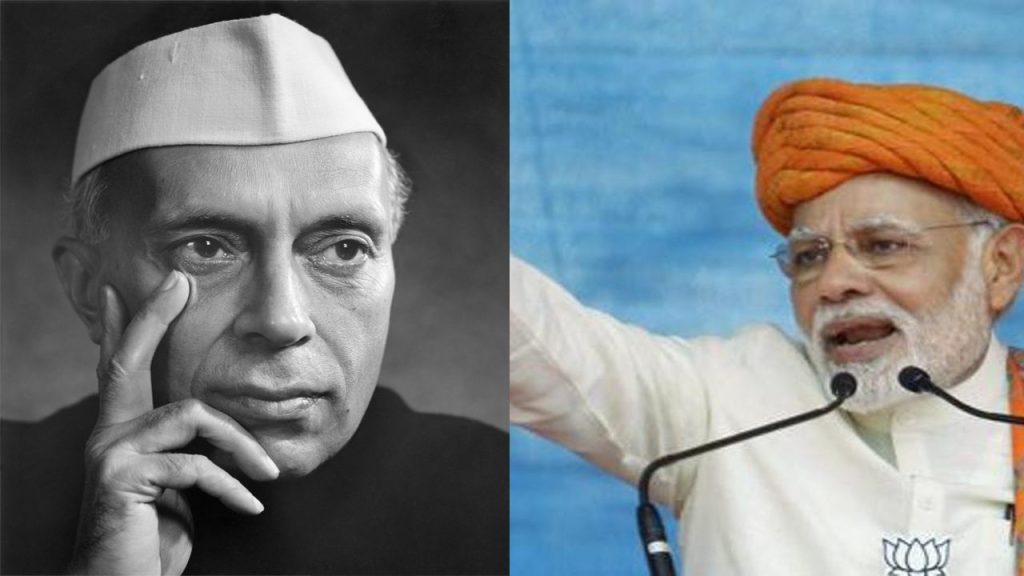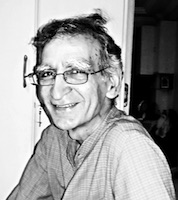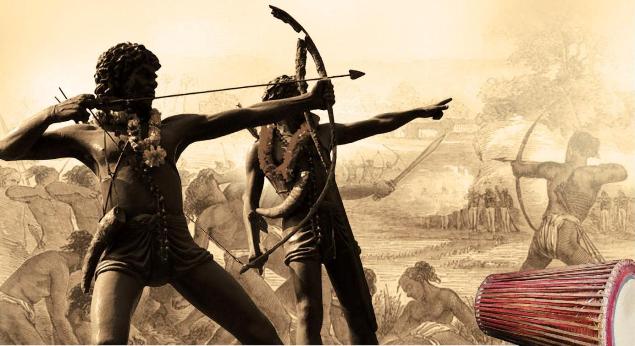In the recently held Karnataka elections, Narendra Modi made statements which are not true, and which are made to raise the emotive pitch against his opponents. In a rally in Bidar, Modi asked “When Shaheed Bhagat Singh, Batukeshwar Dutt, Veer Savarkar, greats like them were jailed fighting for the country’s independence, did any Congress leader go to meet them? …” Quite aside from the fact that this is a blatant lie, one is surprised that this can even become an electoral issue.

The central tactic of BJP appears to be to bypass relevant issues – issues related to people’s needs and instead direct their attention towards issues that could hijack their emotions. Modi has regularly resorted to such emotive issues – issues that typically show his opponents in a bad light. In doing so, Modi has stooped to the extent of making up facts and quite simply, lying. His asking whether Congress leaders met jailed freedom fighters is a case in point – not only is he fabricating facts but he is also simultaneously glorifying the Rashtriya Swayamsevak Sangh (RSS) and Bharatiya Janata Party (BJP) icon Veer Savarkar by placing him in the same camp as Bhagat Singh and Batukeshwar Dutt.
It is a matter of public record that the Congress respected the commitment and dedication of young freedom fighters, even when the Congress disagreed with their ideologies or methods. For instance, there are reports in the Tribune newspaper (9 and 10 August 1929) about Nehru visiting Bhagat Singh and his comrades in jail.

Furthermore, in his autobiography, Towards Freedom, Jawaharlal Nehru gives a very touching account of this meeting, “I happened to be in Lahore when the hunger strike was already a month old. I was given permission to visit some of the prisoners in the prison, and I availed myself of this. I saw Bhagat Singh for the first time, and Jatindranath Das and a few others. They were all very weak and bedridden, and it was hardly possible to talk to them much. Bhagat Singh had an attractive, intellectual face, remarkably calm and peaceful. There seemed to be no anger in it. He looked and talked with great gentleness, but then I suppose that anyone who has been fasting for a month will look spiritual and gentle. Jatin Das looked milder still, soft and gentle like a young girl. He was in considerable pain when I saw him. He died later, as a result of fasting, on the sixty-first day of the hunger strike.”

The other remarkable aspect of Modi’s statement is the audacity of equating Savarkar with dedicated young revolutionaries like Bhagat Singh. While Bhagat Singh was in jail, pending death penalty, his family pleaded with him to seek clemency but he refused. Instead, he wrote to the British Government that since he and his comrades had been sentenced to death for waging war against the empire, he should be made to face the firing squad and not just be hanged to death.
Savarkar, on the other hand, after being sentenced to Kala Pani (prison in the Andaman and Nicobar islands) for his role in the murder of a British officer, totally changed his stance. No longer an anti-British agitator, he wrote several apology letters from jail. He wrote: “I hereby acknowledge that I had a fair trial and just sentence. I heartily abhor methods of violence resorted to in days gone by and I feel myself duty bound to uphold [British] law and constitution to the best of my powers and am willing to make the ‘reform’ a success in so far as I may be allowed to do so in future.” (from facsimile of Savarkar’s letter to British authorities)

This is only one of several such letters Savarkar had written to the British. He eventually surrendered to the British and even went as far as promising to assist them in the future.
As a matter of fact from 1920 onwards, the Congress, in recognition of Savarkar’s contribution to the freedom movement, was trying to pressurize the British to release him. But for reasons unknown to us, Savarkar preferred to give the written undertaking of loyalty to the British (a complete surrender). After Savarkar sent petition after petition pleading his case, the British eventually offered clemency. This act of his seeking pardon from the British was in unvarnished terms betrayal of freedom movement, but his followers such as our Prime Minister Modi prefer to disguise Savarkar’s repudiation as a clever tactical ploy to continue fighting against the British.
Glorifying Savarkar and rewriting his story is an important political project for Modi and his ilk because it was Savarkar who after his release from Kala Pani floated the concepts of both Hindutva and Hindu nationalism and argued that there are two nations in the country – Hindu and Muslim – a vision that aligns well with Modi’s. The prime minister’s uncanny Goebbels-like methods of spreading disinformation and sowing dissent by rewriting history has to be opposed and resisted.
Copy-edited by Harshvardhan Siddharthan
Forward Press also publishes books on Bahujan issues. Forward Press Books sheds light on the widespread problems as well as the finer aspects of Bahujan (Dalit, OBC, Adivasi, Nomadic, Pasmanda) society, culture, literature and politics. Contact us for a list of FP Books’ titles and to order. Mobile: +919968527911, Email: info@forwardmagazine.in)
The titles from Forward Press Books are also available on Kindle and these e-books cost less than their print versions. Browse and buy:
The Case for Bahujan Literature
Dalit Panthers: An Authoritative History





